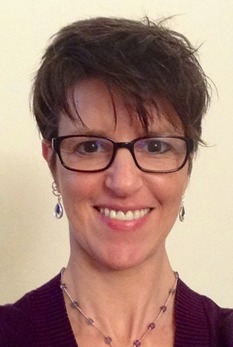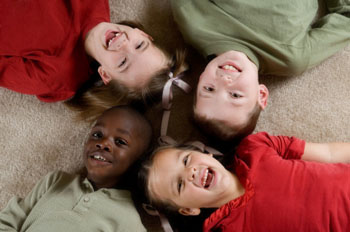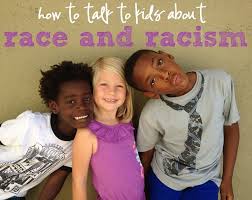Story
How to Talk to Your Kids About Race
“But I thought it wasn’t polite to talk about someone’s race; why are you asking me to talk about it?” This is one of the many questions I often get from both kids and adults when I suggest that we (parents, caregivers, teachers, etc.) talk to each other and especially to the younger people in our lives about race.
We have been taught, erroneously, I might add, that speaking about race means we are judging people based on their skin color, but nothing could be farther from the truth! Talking about it means we acknowledge that our experiences and the way we are treated in this culture may be different based on race. To pretend otherwise is simply to ignore the systemic reality of racism.
Some people, both kids and adults say, “I don’t see color. We’re all the same.” In fact, Raven Simone was recently quoted in the news as saying something quite similar. The intent is honorable: not wanting to appear biased in any way on the issue of race. And it is true that underneath our skin, we are essentially the same. The stark reality, however, is that we do see color and we do, even unintentionally, treat people differently based specifically on race.
The fact that History Colorado is presenting the exhibit on race is a meaningful step in the right direction to get these conversations started, and for some, to ensure they continue. As Justice Blackmun stated in his Supreme Court decision in University of California v. Bakke (1978) more than thirty years ago, “In order to get beyond racism, we must first take account of race. There is no other way.”
“Taking account of race” means thinking about how we can engage younger generations on this topic. It is the only way we will solve the problem of racism. I encourage you to check out the exhibit, and ask the questions you have always wanted to ask before you were silenced. I invite you to come to the upcoming interactive, self-reflective workshops called, “How to Talk to your Kids about Race,” which will provide an opportunity to consider how we can break that silence with our kids and others to confront the insidious system of racism and white supremacy that affect all of our lives.



